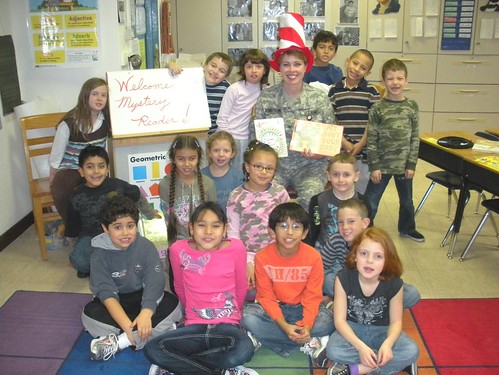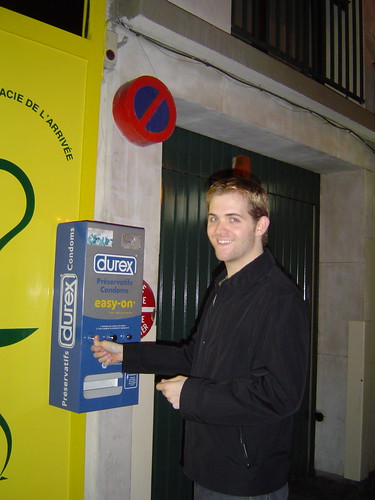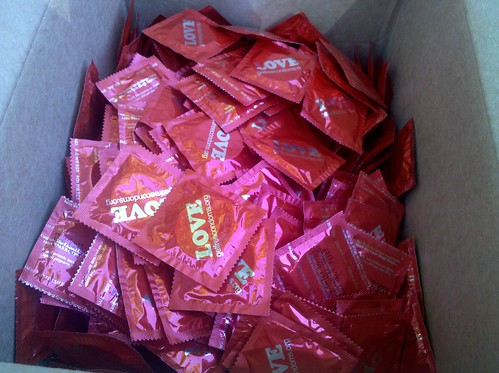5 Things Social Workers Need to Understand About Hate Crimes
Though many people consider “hate crimes” to be relatively new phenomena thanks, in part, to tougher laws being enacted around the country, the truth is this: Hate crimes in America are as old as the country itself. Crimes have been committed against individuals and groups based on race, gender, religious preference, sexual orientation and cultural background for centuries. If social workers hope to help people dealing with hate crimes, a deeper understanding must be had. Here are five things that social workers need to understand about this brand of crime:
1.Diversity Education

One of the ways to prevent children from turning into perpetrators of hate crimes is to teach them about acceptance at an early age. Social workers can work in conjunction with teachers and families to ensure that young, elementary-aged children learn to respect each other’s differences, celebrating them rather than berating them. The NCPC has excellent lessons for children in grades one through five that center around diversity.
2.What Constitutes a Hate Crime?
Most of us are aware that a crime committed against a person because of their race or sexual orientation is considered a hate crime. But what else may constitute a hate crime? This information is important for every social worker to have. A victim of a hate crime is singled out because of perception. The perpetrator holds a certain perception about the proposed victim’s race, color, national origin, religion, age, sex, physical handicap, mental disability, marital status, personal appearance, family responsibility, political affiliation or matriculation.

Hate crimes do not have to be violent. Examples of non-violent hate crimes include verbal abuse, telephone harassment, the painting of swastikas or other hate symbols, the use of racial slurs and cemetery desecration. A hate crime need not be violent to have a profound effect on the victim and friends and family of the victim.
3.Victim Responses
Just as with reactions to illness, death and other devastating events, people respond differently when they, or the ones they love, become victims of a hate crime. Victims of hate crimes typically report feelings of anger couples with feelings of betrayal. There can be an overwhelming sense of powerlessness, resentment, isolation and sadness. Victims of hate crimes may also have an aroused, even paranoid, sense of suspicion. Victims of hate crimes report drastic changes in lifestyle as a result of their attack, whether mental or physical. As a social worker, it’s important to sit back and listen to the victim, gaining an understanding of just what effect the crime has had in order to provide the best therapy.
4.The Right Not to Report
Much like a victim of rape has the choice whether or not to report the crime, regardless of the seeking of treatment, a victim of a hate crime is not required to file a report with law enforcement. Regardless of personal beliefs, social workers must support whichever choice the victim makes. In some cases, medical personnel may be required to report the attack, however, it is still the victim’s right to not pursue hate-crime related charges.
5.Victim Assistance
Social workers should seek out resources of assistance within their local communities for victims of hate crime. Having this information on hand and immediately available will make the therapeutic process less stressful for the victim. Beyond local resources, social workers should know about national programs such as Network of Victim Assistance, National Center for Victims of Crime and the American Civil Liberties Union.
For social workers, understanding hate crimes is an important facet of the profession. Along with understanding what constitutes a hate crime, social workers must understand their impact and the resources available for victims and their families. For more information on hate crimes, be sure to visit NOVA, an all-encompassing site for victim assistance.
Robert Neff is a writer who brings awareness to world events such as hate crimes. Social workers help victims of the crimes. If you are interested in a career as a social worker check out Case Western’s online MSW degree.


